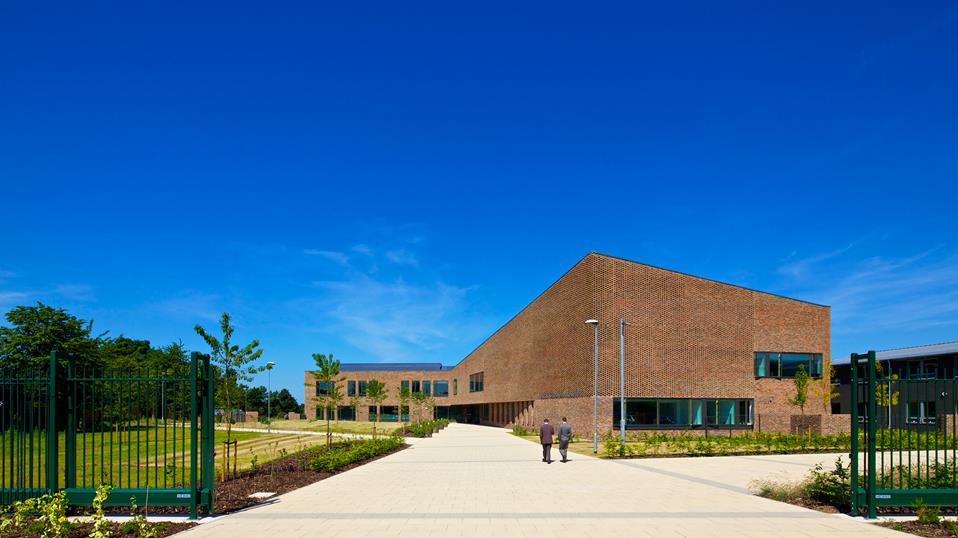Curriculum Statement

At Tudor Grange Academy Worcester our philosophy is that every child should have access to a broad, ambitious and equitable curriculum which enables them to succeed in the classroom, in all aspects of Academy life and in the world beyond the Academy.
The choices we make about what we teach children are important in achieving this aim. The Academy has deliberated at length about what we value -what we feel will help children thrive- and allocated curriculum time to subjects in the way we feel will best support this aim.
Each department has, in turn, asked what is most valuable about their subject and has built a curriculum around three key principles. These being:
- that the curriculum is knowledge rich,
- that the curriculum is purposeful and relevant,
- that the curriculum enables all children to be proactive learners
Knowledge
Tudor Grange Academy Worcester and the wider Trust is committed to a knowledge-rich curriculum. The curriculum offers real breadth and depth enabling students to master fundamental knowledge in every subject, which in turn develops their cultural capital and understanding and appreciation of the world around them. Fundamental knowledge is mapped out across all years in every subject on a Curriculum Map. Purposeful sequencing ensures that students learn knowledge in a carefully thought-out order so that they are continuously building on prior knowledge to become proficient in the subject. Our Curriculum Maps also enable students to see how their learning fits into their progression across the Key Stages. In exercise books, Learning Journeys are utilised to breakdown knowledge further for each unit of work.
Purpose
We ensure that the curriculum has real purpose to the lives of our students; we want them to gain deep understanding and skills which are important for achieving their full potential academically, but also that their understanding of the subject and skills they acquire have real purpose to students’ lives beyond the classroom.
Proactivity
At Tudor Grange Academy Worcester we ensure our curriculum enables and encourages students to be proactive learners and citizens. We focus on three learning habits:
- Curiosity
- Commitment
- Courage
We expect students to foster and develop these habits to be truly proactive. We ensure the curriculum enables them to do this.
Of course, choices about curriculum go far beyond lessons. We teach children when they are in after school clubs and activities, when they are in the corridor or the playground, or when they are on educational visits. Most importantly, we teach children through the way we communicate with them, and through the way we conduct ourselves every day at the Academy. In this sense, no activity is extra-curricular, and we are equally thorough when considering what children learn outside of a classroom as we are when considering what they will learn within one.
Accessibility of the Curriculum
Tudor Grange Academy Worcester is a fully inclusive 11-18 mainstream school. We are proud of our broad, ambitious and equitable curriculum, and the aspirations that we have for all of our students. All students are entitled to a broad, balanced and relevant curriculum, which is adapted to meet individual needs. We are committed to equal opportunities, with students being encouraged to achieve their full potential, whatever their academic, social or physical needs. There is an emphasis on Quality First Teaching with strategies such as metacognition, modelling and scaffolding to support all learners including those with SEND.
We comply with our duties under the 2010 Equality Act and do not discriminate against pupils because of their sex, race, disability, religion or beliefs or sexual orientation. We aim to develop student understanding of tolerance and respect for others through the promotion of British values. Students are exposed to different cultures, faiths, religions through first-hand experiences and through the use of varied resources. We place a central importance on Tudor Values throughout our curriculum to promote and develop the principles of Tolerance, Unity, Democracy, Opportunity and Respect.